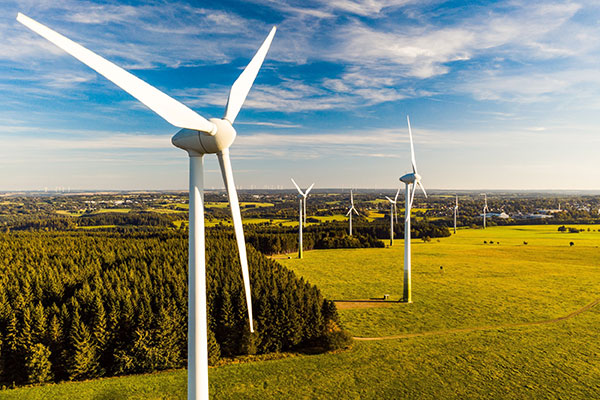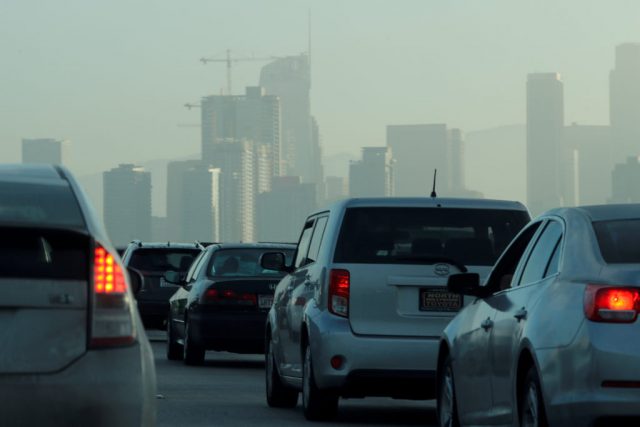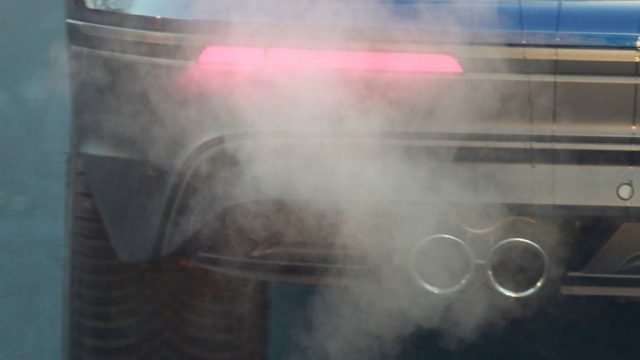The temporal shift in climatic conditions is the predominant indicator of the global crisis that human civilizations will fall into in the upcoming decades. At an individual level, what can you do to bring a change?
The UN’s Intergovernmental Panel on Climate Change (IPCC) has drafted a report, which the people can follow to limit the utility of carbon emissions and manage the energy resources in the world.
Here are the five ways:
1. Sustainable Energy Resources
By the end of the decade, scientists have suggested that there is a need for the reduction of carbon emissions by 43%. The target is to maintain the 1.5 C scenario. The 1.5 scenario means the rapid expansion of non-fossil energy sources, regulatory management of CO₂emissions, and reducing the use of fossil fuels.
At an individual and collective level, there is a necessity to use more sustainable resources like wind and solar energy. Even the cost of utilising these energy resources is lower. There is a need to reduce the usage of coal energy resources at an exponential rate.
2. Reduction In Demand
From low carbon diets on our plates to transportation facilities, if the demand is reduced for fossil energy resources, the global temperature can be reduced. Electric cars are a tool that can reduce carbon emissions but it needs huge investment in charging technology.
There can be a reduction of 40-70% in carbon emissions by 2050 from the end-use sectors by having an alternative mode of carbon-less technological advancements. These require acute incentives from the government. At the individual level, you can change your mobility system to public ventures like metros, using e-rickshaws, or resorting to cycling.
Also Read: How Climate Change Is Fuelling Trafficking And Sex Trade
3. Food Waste Reduction
The Food Waste Index Report 2021 by UNEP stated that one billion tonnes of food are wasted by people globally every year. Global greenhouse gas emissions account for 8-10% of this wastage.
There is a need to not waste food for the management of the ecological and economical crisis of a nation. Even with the leftovers, you can make new dishes at your home. Composting is another option to manage the food waste and you can use it as fertiliser in your gardens.
4. Low Consumption Of Fossil Fuels By Rich
The IPCC reports state that 45 % of consumption-based household greenhouse gas emissions are garnered by 10% of the households with higher per-capita incomes.
The Instagram posts you see of your favourite celebrities travelling in private jets or decorating their house with lavish household items, all are major contributors to greenhouse gas emissions.
The rich help in taxation, which further can help in the mechanisation of carbon-friendly utilities. But what more can be done? IPCC lead author from the University of Exeter, Prof Patrick Devine-Wright says, “Wealthy individuals contribute disproportionately to higher emissions but they have a high potential for emissions reductions, whilst maintaining high levels of well-being and a decent living standard.”
He adds, “I think there are individuals with high socioeconomic status who are capable of reducing their emissions by becoming role models of low carbon lifestyles, by choosing to invest in low carbon businesses and opportunities, and by lobbying for stringent climate policies.”
5. Political Pressure And Awareness
There is a mythification that resolving the climate crisis requires huge investments. There is a cash flow in the economy that advocates fossil-based subsidiaries. If the investment is reduced in this domain more rapidly sustainable resources can be utilised. And the cost of climate disasters is at a huge rate, what if we use the investment more on prevention than cure?
The warfare in Russia-Ukraine has democratised the manipulation of power sources, which is again raising the emission level. There is a need on the individual level to mount pressure on the government that climate change is not an insignificant issue.
The digital medium has given space to demonstrations and your inputs are as important as anyone else.
We always take climate change as granted, granted as it is always omnipresent and in infallible range in our gaze. But the ecological crisis is imminent and immediate action is necessary. What do you do every day to ensure a change?
Disclaimer: This article is fact-checked
Image Credits: Google Photos
Source: BBC, The Hindu & Hindustan Times
Find The Blogger: @debanjalidas15
This post is tagged under: climate change, climate crisis, solar power, wind power, 1.5, sustainable resources, food wastes, fossil fuels, electric cars, carbon emissions, UN, IPCC
We do not hold any right/copyright over any of the images used. These have been taken from Google. In case of credits or removal, the owner may kindly mail us.
Other Recommendation:
What Are The Chances That The Stock Market May Crash Due To Climate Change



































